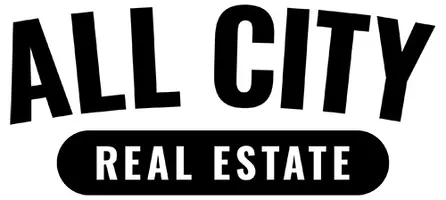
How to Choose a Lender for Your Home Loan
If you’re in the market for a home loan, it’s important to do your research before choosing a lender. With so many options available, it can be overwhelming to know where to start. To help you make an informed decision, let's break down the key elements you should consider when selecting a lender.

Can you sell your home before your divorce is finalized?
Divorce is often an emotionally and financially complex process, and selling a home before or during divorce can add even more complexity to the situation. The decision to sell a home before or during divorce should not be taken lightly, but it is possible. Here’s what you need to know if you’re co

Everything You Need to Know About HOA Documents
If you are in the process of buying a home, chances are you have come across something called Homeowner Association (HOA) documents. As a potential homeowner, it is important to understand what these documents entail and why they are necessary. Read on to learn more about HOAs and the documents tha
Categories
Recent Posts










